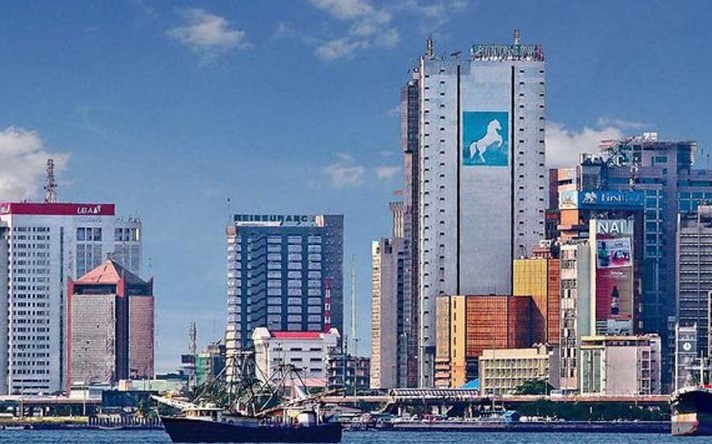Petrol price is likely to rise again following the decision by the Nigerian National Petroleum Company Limited (NNPCL) to end its exclusive offtake agreement with the Dangote Refinery, allowing other marketers to buy the product directly from the facility.
The current fuel cost was effected in August when the NNPCL adjusted the pump price from N568 to N855 per litre in Lagos, and to almost N900 in other parts of the country.
The NNPCL’s exit as a middleman in the Dangote Refinery implies that the national oil company will no longer cover the price gap between the facility’s price and the selling price to retailers, previously absorbing a subsidy of N133 per litre.
The NNPCL’s decision is seen as a crucial shift towards a fully deregulated oil market.
Marketers can now negotiate petrol prices directly with the Dangote Refinery under a “willing buyer, willing seller” arrangement, aligning with practices for other deregulated products such as diesel and kerosene.
In September, Devakumar Edwin, Vice President at the Dangote Industries, indicated that the 650,000 barrels per day refinery had begun processing petrol, with the NNPCL initially as the sole off-taker.
But recent adjustments allow independent marketers to engage with Dangote directly.
“We can no longer continue to bear that burden,” an NNPCL’s official told Premium Times, highlighting the financial strain of the subsidy system.
Middle East tension may spark higher fuel cost–Experts
Experts have predicted that the heightening tension in the Middle East can spark a new petrol pump price hike in Nigeria and other nations.
Oil prices extended gains yesterday, with Brent nearing $80 to build on last week’s steepest weekly jump since early 2023.
This is believed to be driven by fears of a wider Middle East conflict and potential disruption to exports from the major oil-producing region.
Brent crude futures rose $1.09 (1.4 per cent) to $79.14 a barrel yesterday. The United States West Texas Intermediate (WTI) crude futures were up $1.15 (1.55 percent), at $75.53. WTI had earlier risen by more than $2.
Brent rose more than 8 per cent last week; while WTI soared 9.1 per cent on the possibility that Israel could strike Iranian oil infrastructure in response to the latter’s October 1 missile attack on the former.
READ THE FULL STORY IN DAILY TRUST



Connect with us on our socials: